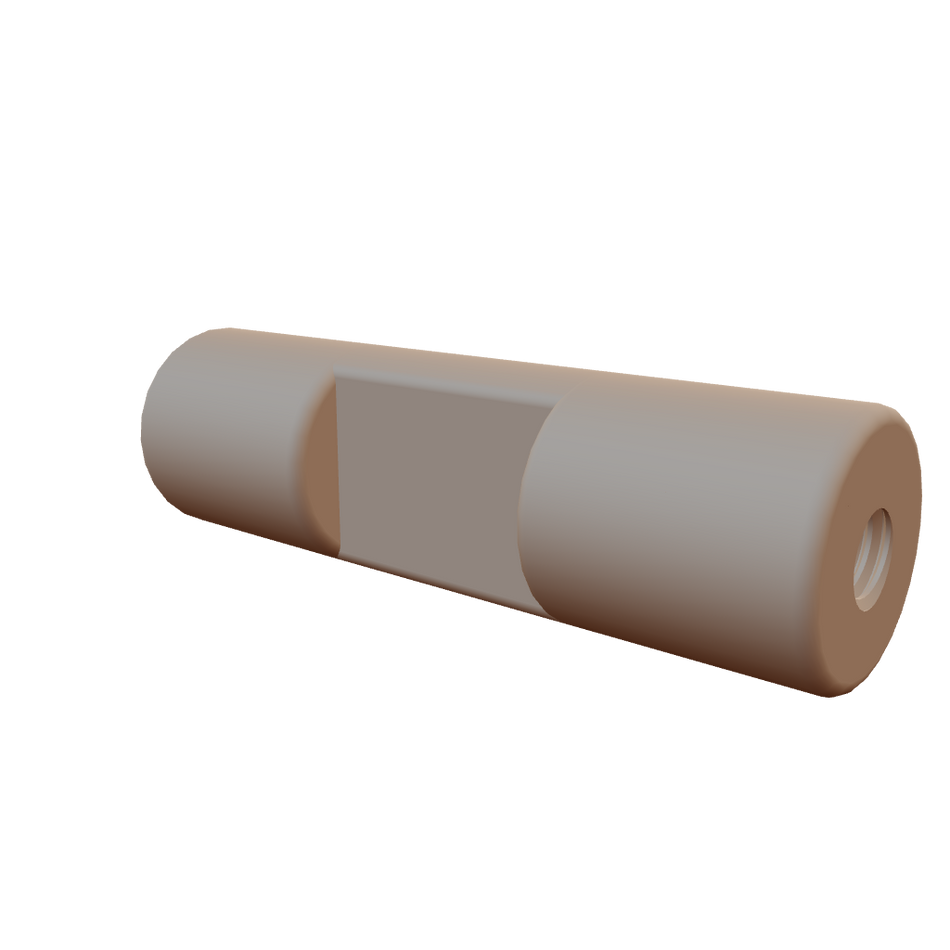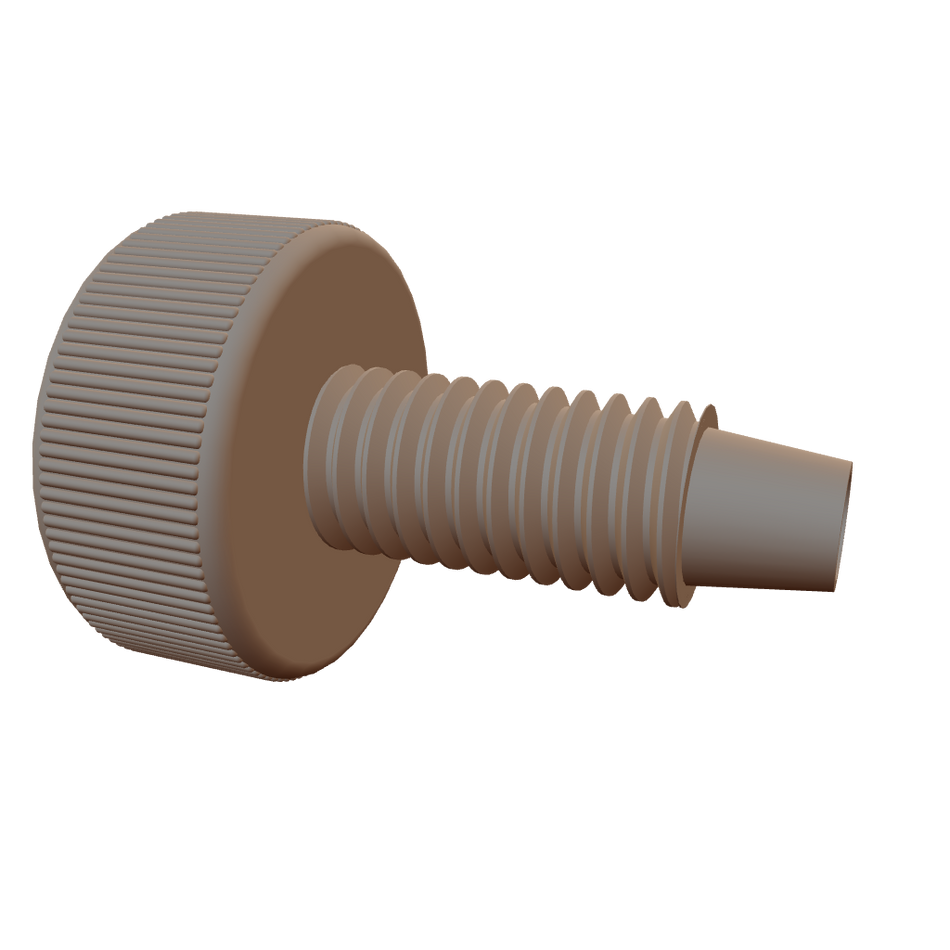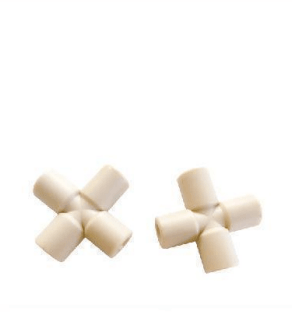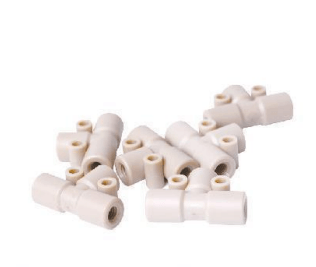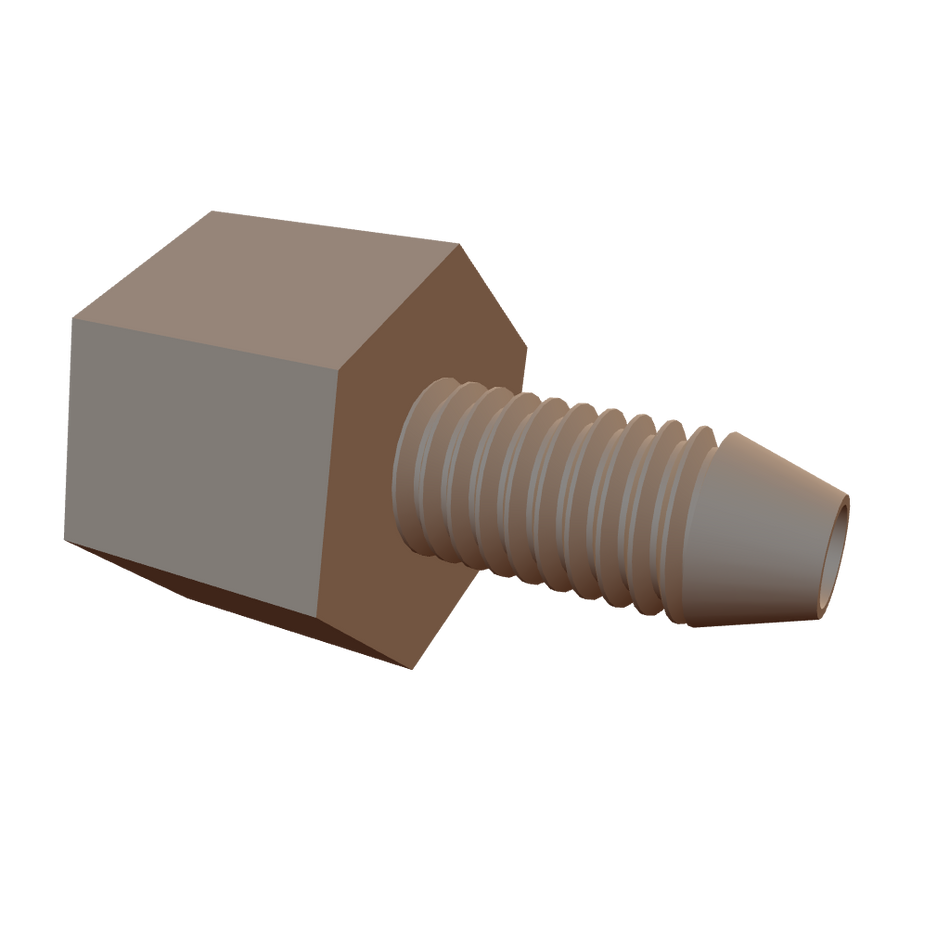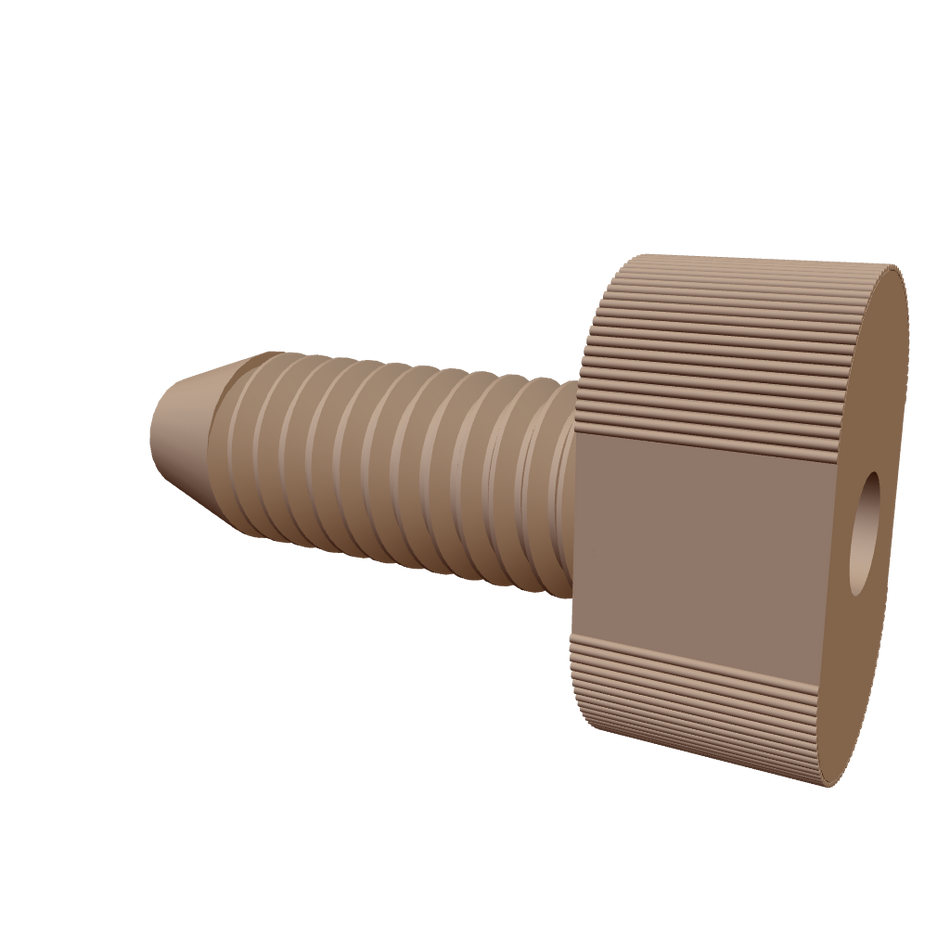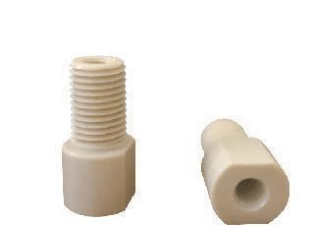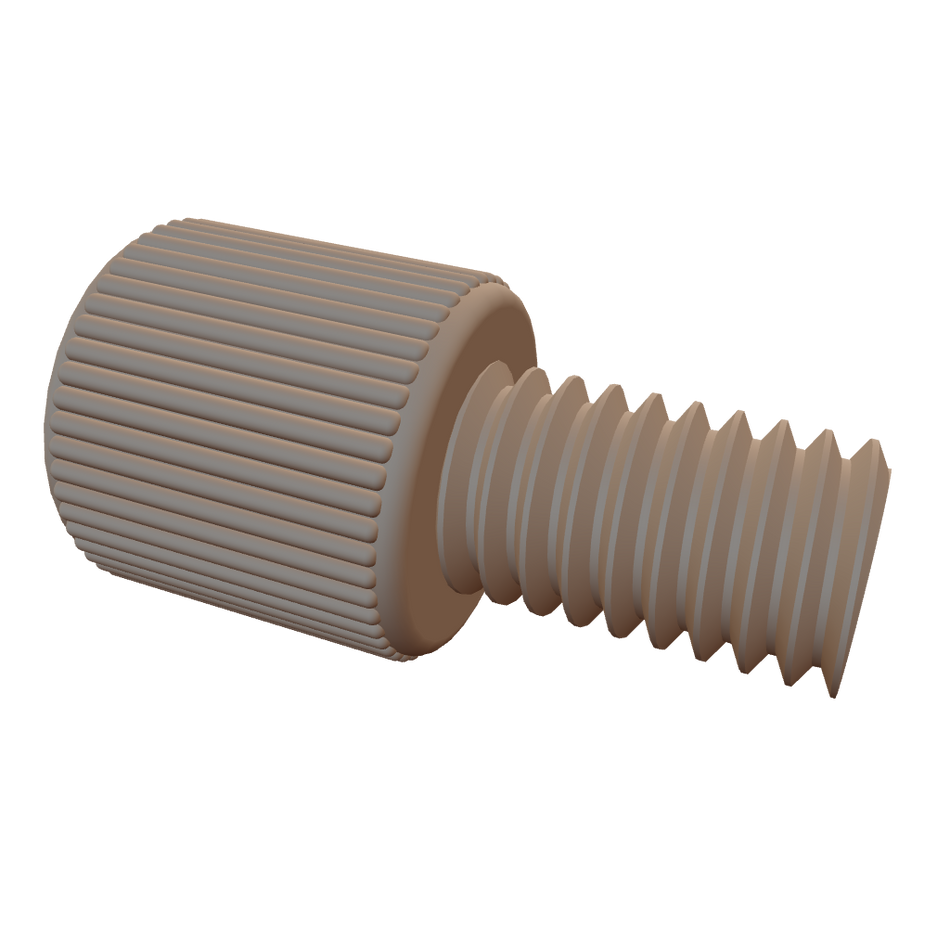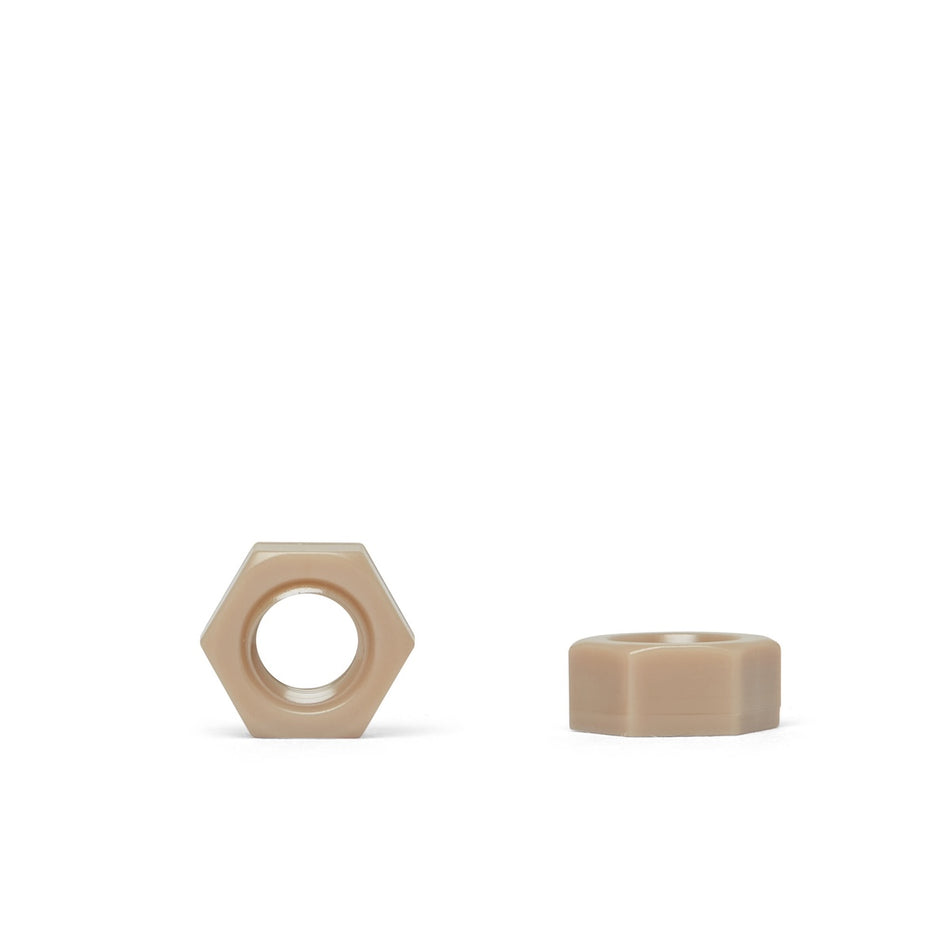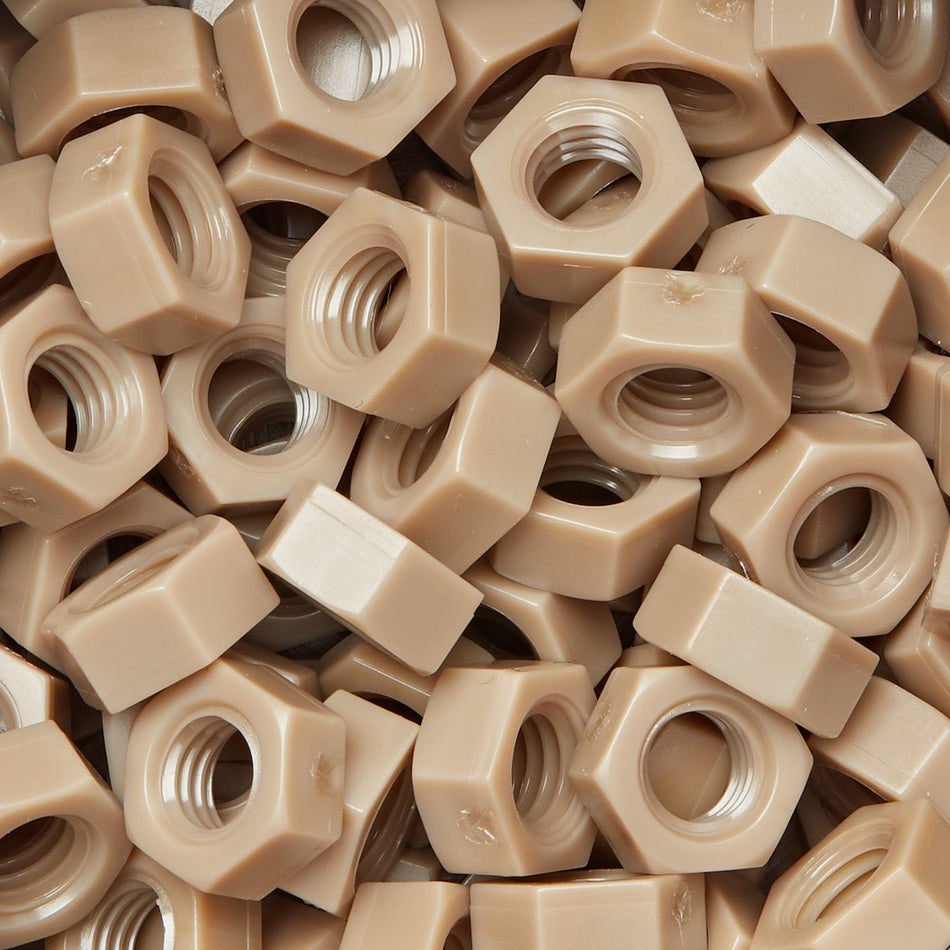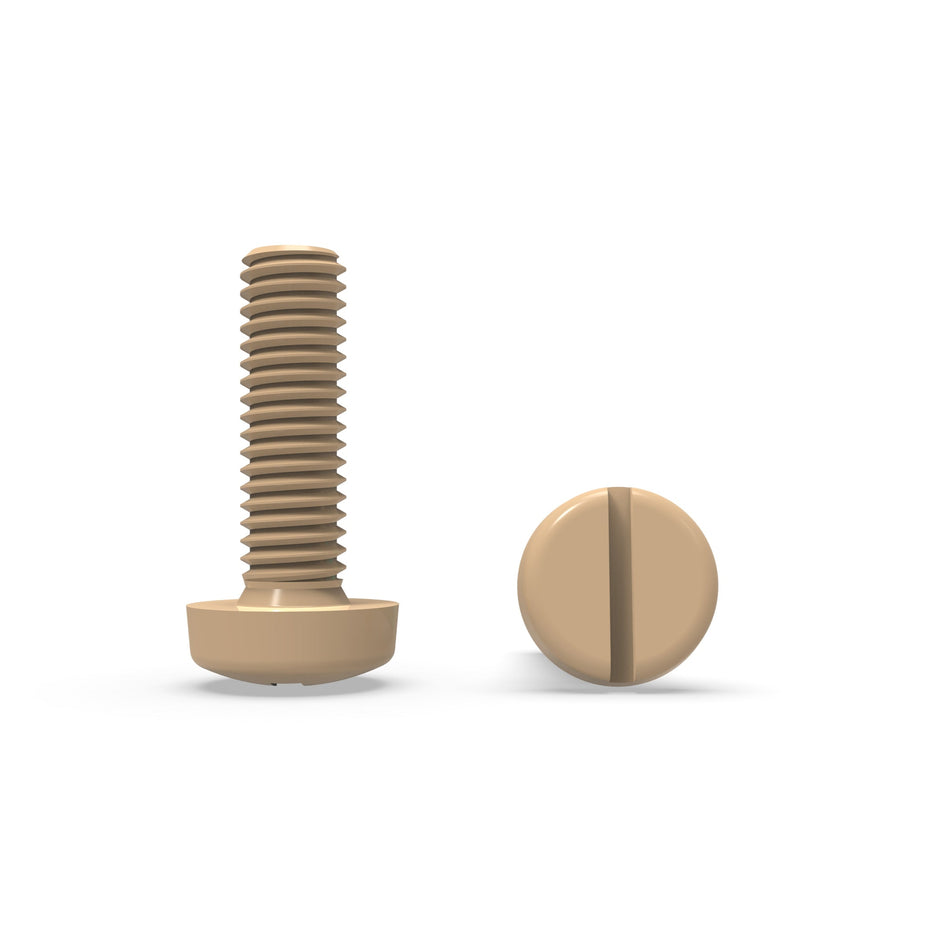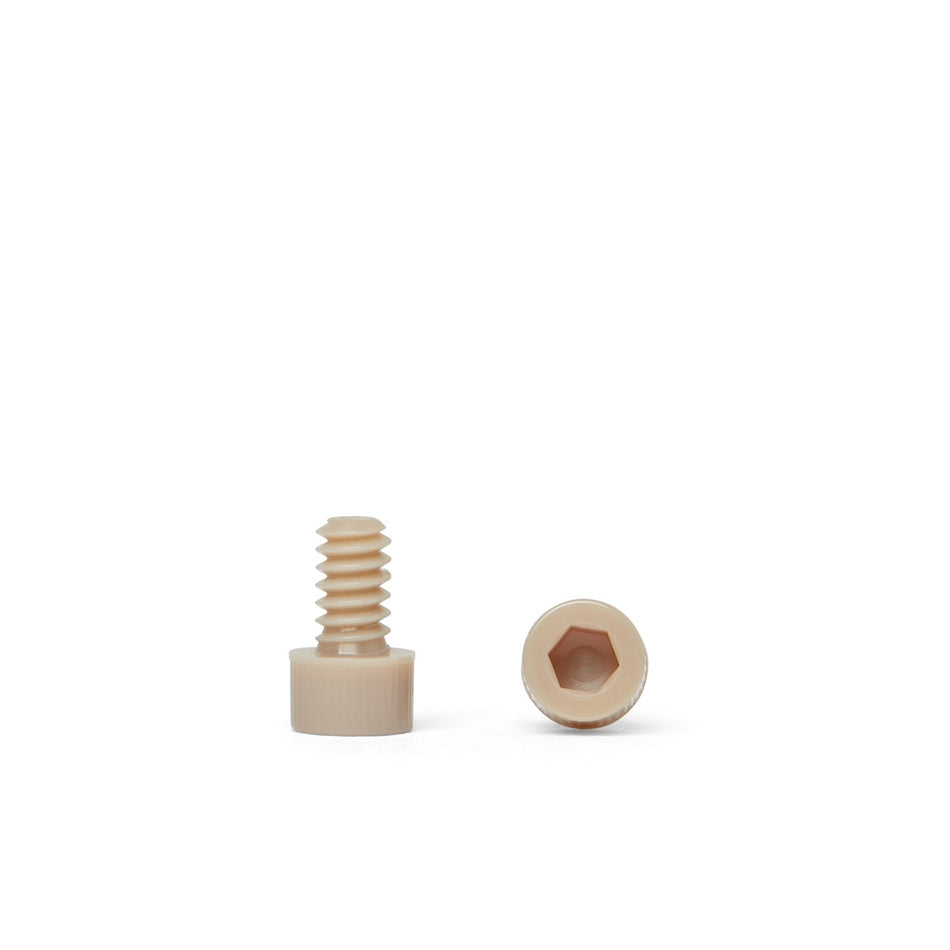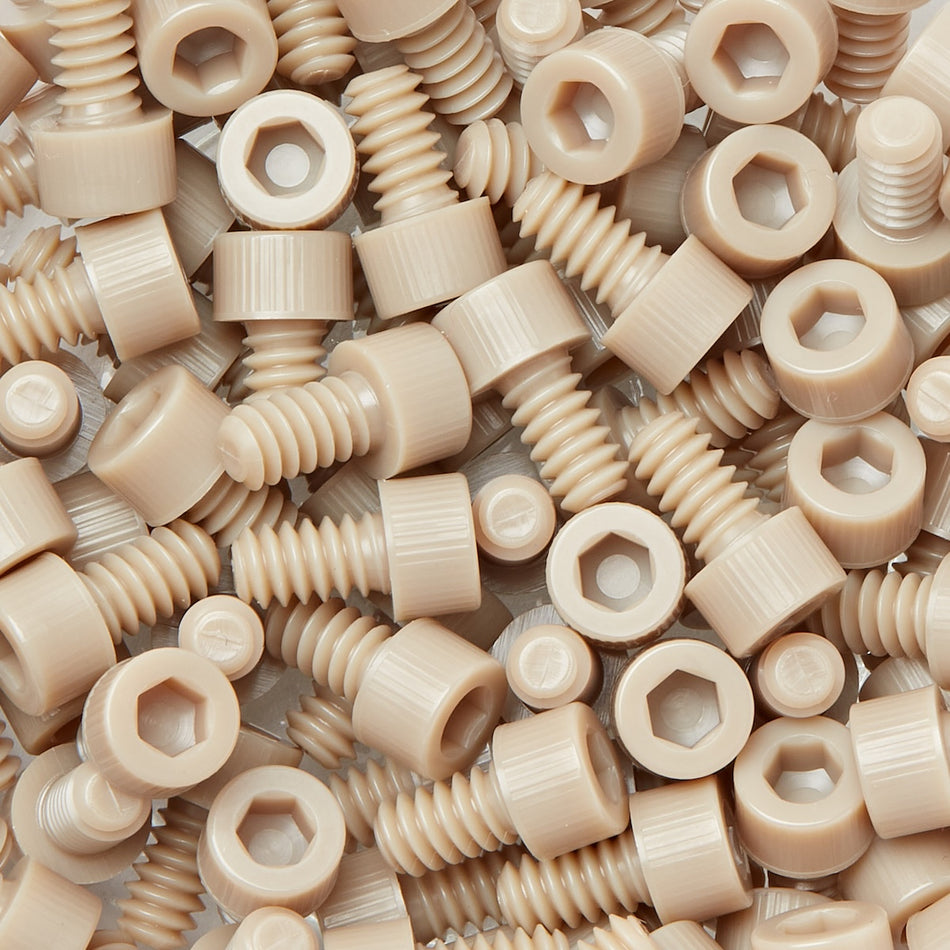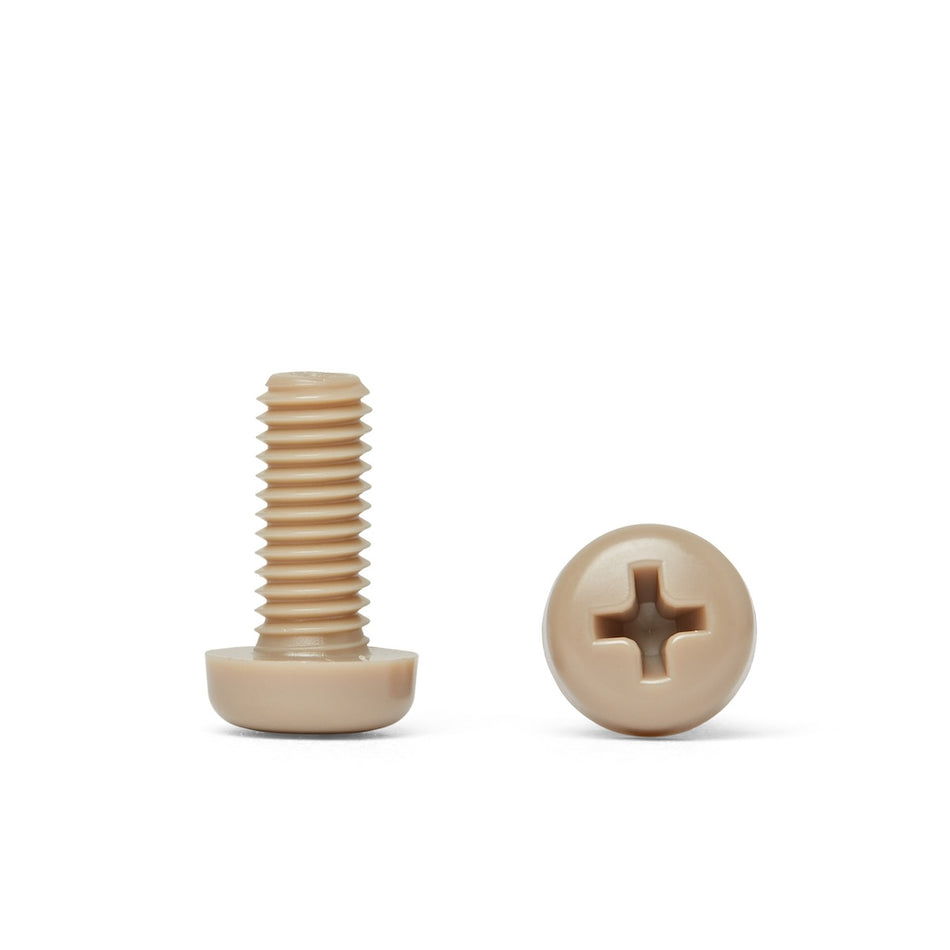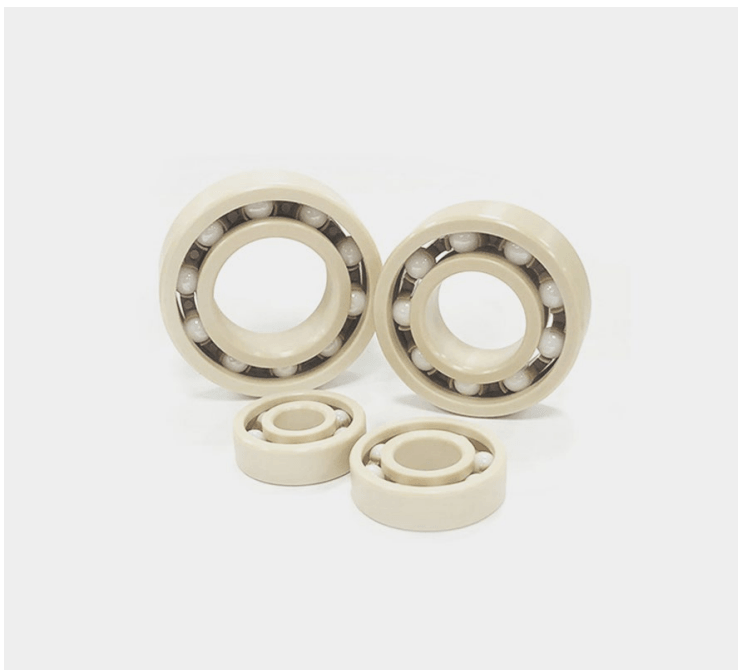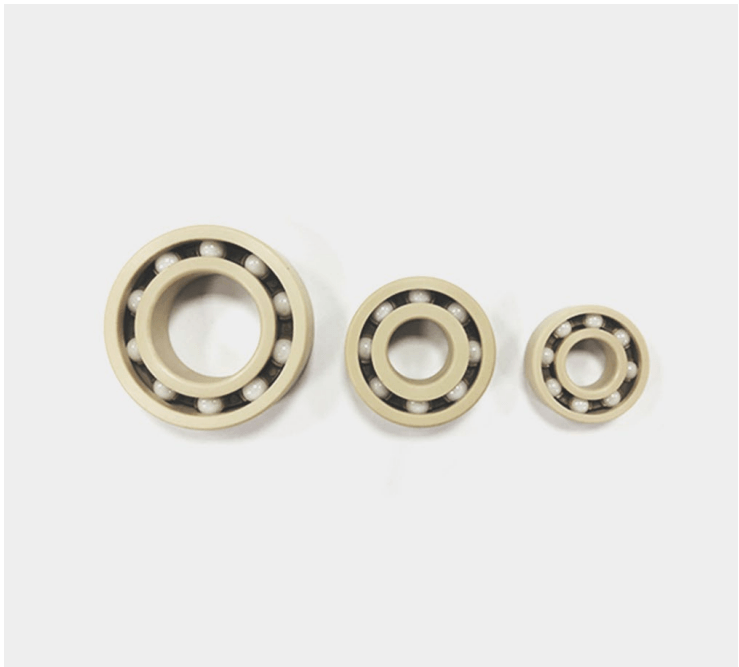109 Products

The Pharmaceutical Industry's use of Polymer Screws, Nuts, Bolts, and Fasteners
The pharmaceutical industry may use polymer screws, nuts, bolts, and fasteners in a variety of applications, including the construction and maintenance of pharmaceutical production equipment, packaging and labeling equipment, and other specialized machinery used in drug development and production.
Polymer fasteners may be used to secure equipment and instruments in place, as well as to seal joints and connections to prevent leaks and ensure the integrity of the manufacturing process. They may also be used to secure packaging and labeling equipment, such as filling and sealing machines, and to attach labels and packaging materials to pharmaceutical products.
In addition to their use in the construction and maintenance of pharmaceutical production equipment, polymer fasteners may also be used in the production of specialized instruments and equipment used in pharmaceutical research and development. For example, polymer fasteners may be used to secure sensors and other instruments in place on laboratory equipment or in drug testing facilities.
Overall, the use of polymer screws, nuts, bolts, and fasteners in the pharmaceutical industry can help to improve the safety and efficiency of drug development and production, and can also help to minimize the environmental impacts of these activities. Polymer fasteners may be particularly useful in the pharmaceutical industry due to their corrosion resistance and ability to withstand the demanding and sterile conditions of drug production.
The pharmaceutical industry is the sector of the healthcare industry that is responsible for the research, development, and manufacture of drugs and other pharmaceutical products. These products are used to prevent, diagnose, and treat a wide range of diseases and conditions, and are an essential component of modern healthcare systems.
The pharmaceutical industry involves a complex process of drug development and production, which includes the discovery and testing of new drugs, the large-scale manufacture of these drugs, and their distribution to markets around the world. This process is heavily regulated by government agencies, such as the Food and Drug Administration (FDA) in the United States, to ensure the safety and efficacy of pharmaceutical products.
The pharmaceutical industry plays a critical role in the healthcare industry and is essential for the development and availability of new and innovative treatments for a wide range of diseases and conditions. However, the high cost of drug development and production can also be a significant barrier to access to these treatments, and there has been ongoing debate about the pricing and accessibility of pharmaceutical products.
In recent years, there has been increasing focus on the sustainability of the pharmaceutical industry, including efforts to reduce the environmental impacts of drug production and to ensure the responsible use and disposal of pharmaceutical products.

